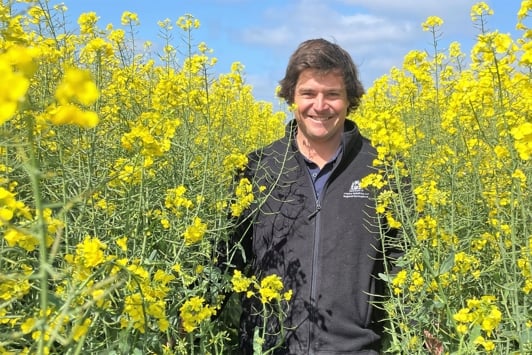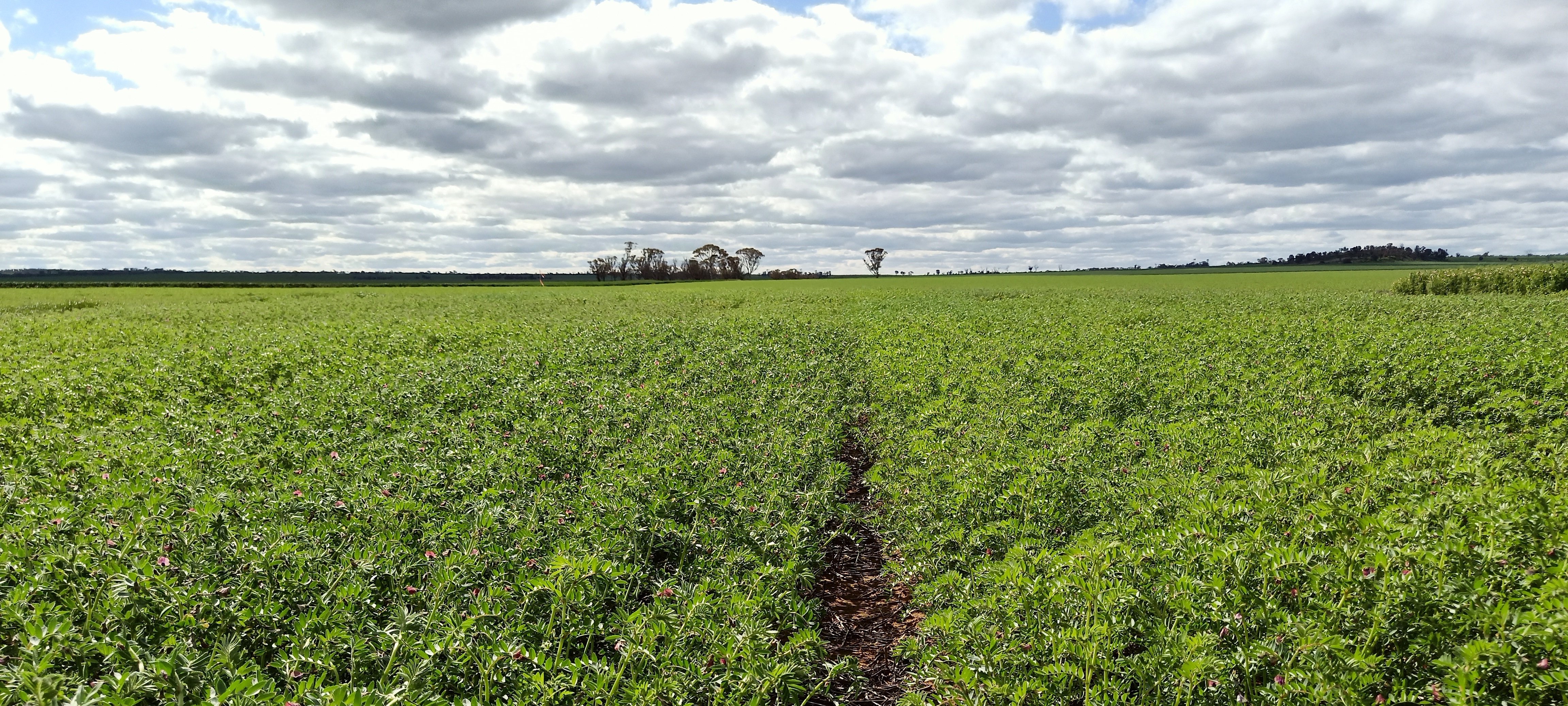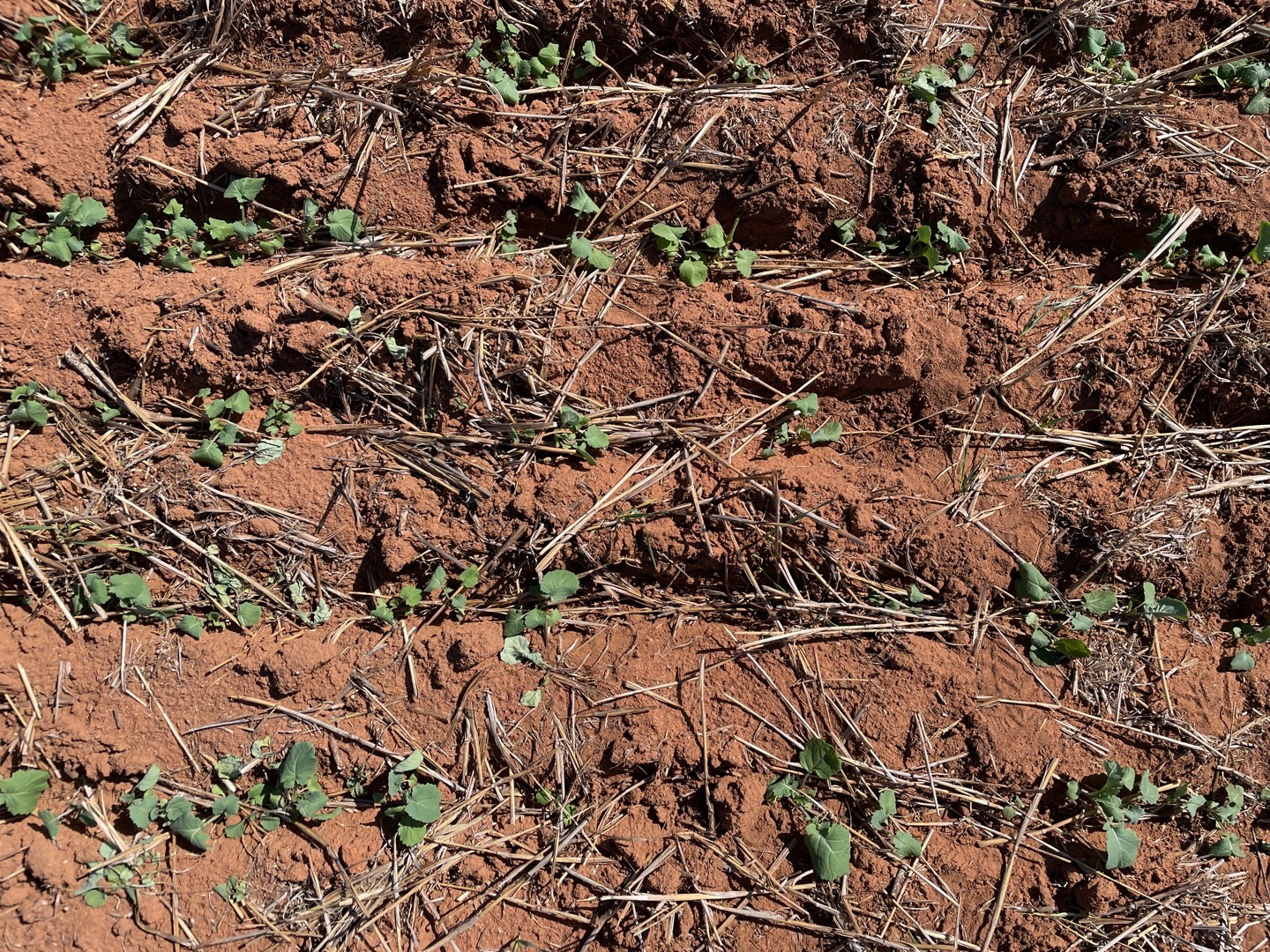State date: 14/10/2024
Finish date: 29/06/2029
Description
The project will assess options for maintaining profitability whilst increasing the diversity of tight rotations in the high rainfall zone, with a strong emphasis on integrated disease management. The crop rotations examined will be diverse, with a particular focus on legumes, such as narrow leaf lupins and faba beans, alongside wheat, barley, oats and canola. These rotations will be combined with other approaches to mitigate disease risk, such as utilising variety choice as a disease management tool, altering time of sowing, optimising nutrition, and combinations of these approaches.
It will combine 2 large scale field trials near Albany and Esperance with smaller satellite trials, as well as modelling, to overcome disease and nutrition limitations of existing tight crop rotations in the region.
Integrated disease management will also be a key component, as well as evaluating the emissions impact from each rotation.
The project will culminate in a package of strategies and resources to help growers to drive crop potential and sustainable farming systems.
Project objective
For growers in the HRZ of WA to have knowledge of the profitability of various combinations of crop rotation sequence, integrated disease management approach and crop management strategies that can be implemented sustainably in their farming enterprise by 2029.
Overview
The project comprises of 3 key outputs:
-
Gather field data for sustainability and profitability assessment of different farming system scenarios suited to the HRZ of WA.
- Program lead: Stacey Power
- Implementation of a large, fully phased, field trial in both the Albany and Esperance port zones. Trials will evaluate combinations of crop sequence, variety choice, fungicide regime, nutrition strategy and time of sowing, over four field seasons.
- Detailed data will be collected on yield and grain quality, disease severity, crop phenology, soil moisture and nutrition and input costs. With strategic sampling for stubble load, soil biota and plant tissue nutrients.
-
Assessment and evaluation of yield, profit and sustainability impacts of the combinations of crop sequence, crop nutrition and integrated disease management (ID) strategies.
- Annual yield results from the combinations of crop type sequencing, integrated disease management and nutrition strategies will be assessed for their sustainability impact against the Australian Agricultural Sustainability Framework 2021-22.
- This will also include Greenhouse gas emission impact of rotational systems and impact of disease control approaches.
-
Modelled medium to long term assessment of profitability and sustainability of crop production systems.
- Program lead: Balwinder Singh
- Modelling undertaken across various locations with the HRZ of WA using plot data to explore the impacts of environmental variability and implications for medium to long term profitability and sustainability of rotational sequences.
- Modelling output will be used to assess profitability and sustainability of systems.
The department will work closely with the South East Premium Wheatgrowers Association (SEPWA) and Stirlings to Coast Farmers grower groups to deliver the project, overseen by a small management committee of technical experts. Results will be extended to growers to enable a better understanding of the long-term impact of production decisions.
Funding partner
GRDC
Project code
DAW2410-003RTX
Contact us
Stacey Power, Grains Research Scientist
+61 (0) 472 847 815


